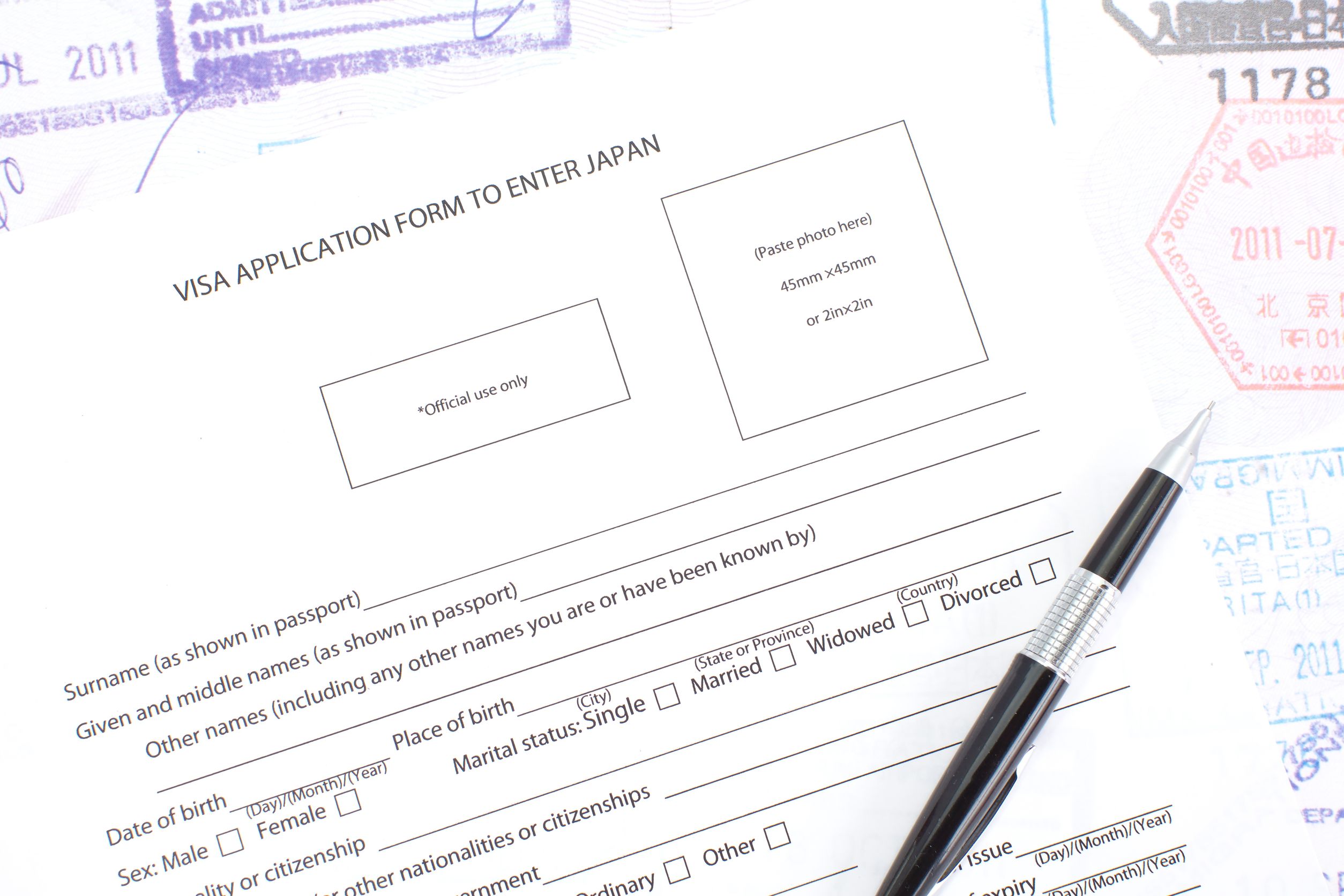Wondering about getting a working holiday visa in Japan? Here’s everything you need to know, from what it means, how to apply and how to stay connected.
If you love Japan and would like to spend more time in the country to learn the language, experience the culture or simply travel, one of the best ways is via the working holiday program.
If your country has such an arrangement with Japan, and you’re anywhere from 18 to 30 years of age when you apply (or 18 to 25 years for Canada, Australia and Korea, with a possibility of extending the age limitation to 30 depending on the situation), this could be a life-changing step for you. From its many benefits to how to apply, here’s a simple guide to getting a working holiday visa in Japan.
Why get a Working Holiday Visa in Japan?
Cultural Exchange and Travel
The benefits of the program are many-but despite what the name suggests, the working holiday visa for Japan is primarily about cultural exchange and travel. If your main motivation is to understand Japan and the Japanese people, and you can make that very clear in the course of your application process, then you are much more likely to be granted a visa. One way to do this is to discuss specific places, cultural events, festivals or other interests that you would like to explore during your stay. Applicants will be asked to provide a detailed itinerary, so it certainly helps to be prepared.
Japanese Study

Of course, many people who apply for a working holiday in Japan are interested in linguistic as well as cultural exchange and that means studying Japanese! Fortunately, quite a few Japanese language schools offer short-term or intensive courses that are perfect for those on a Japanese working holiday. Although you may have the time to study, do keep in mind that having to enroll in a school is a substantial financial commitment and your schedule will be bound by the school term, which restricts your freedom to travel.
Work
While not the primary purpose, work is also permitted on a Japanese Working Holiday visa. In fact, there are fewer restrictions than you might think-both part time or full time work is permitted, with employment opportunities running the gamut from ESL/English schools to more technical or business-related work. Obtaining employment in Japan from outside the country can be difficult as few employers are willing to sponsor visas for people not already settled in the country, so this could be your foot in the door to full-time employment and another chance to live and work in Japan long-term if that’s your aim. It almost goes without saying that host/hostess jobs, massage parlor work, etc. is not permitted-finally, tourists are out of the running as well. A Japanese working holiday visa is valid for at least 6 months and usually lasts for 12 months. If you’re Australian, the period stretches for 18 months.
How to Apply for a Working Holiday Visa in Japan

There are some basic criteria you have to meet to apply for a working holiday visa in Japan. First of all, you have to be residing in your home country at the time of application. Countries that have a working holiday visa arrangement in Japan are: Australia, New Zealand, Canada, South Korea, France, Germany, U.K, Ireland, Denmark, Taiwan, Hong Kong, Norway, Poland, Portugal, Slovakia and Austria.
As mentioned above, you must be above 18 and below 30 years by the application date. The immigration authorities will also require you to have a minimum amount of funds to prove you can pay your living expenses. Do note that you can only apply for the Japanese working holiday once, and re-applications will not be entertained.
If you meet all the requirements, the next step is to prepare the following documents: Your bank statement, valid passport, application form, curriculum vitae, cover letter and your planned itinerary, though you will not be expected to follow it strictly.
Settling in

Having acquired your working holiday visa for Japan, the next thing to do is save up some money to provide for yourself even without working for a few months-because that’s what a holiday is all about!
You’ll also want to research and plan where to stay. Recommended options for short stays are guesthouses such as Oakhouse, one of the largest shared apartment/guesthouse providers, or for a sure way to immerse yourself in the local culture and get to know people, a homestay. These options are foreigner-friendly as furniture is provided and you don’t need a guarantor or resident card for your application.
One of the mandatory steps you have to do upon arrival is to subscribe to the national health insurance plan. Unless your employer registers you into Japanese health insurance, you will have to enroll in the Japanese National Health Insurance plan which is managed by the local government. Head to your municipal government office and request for the application. The premium is paid monthly and depends on your age and income.
The Problems with Getting Connected
Now, the first thing you want to do upon touchdown is to get yourself connected online with your smartphone. And setting up your mobile connection in Japan used to be a purely chicken-and-egg problem: On one hand, You are required by law to provide a permanent address and copy of your residence card before obtaining a phone; but on the other hand, it’s having a phone is almost essential for obtaining your address and residence card in the first place!
Even if you can manage to get your phone somehow, there is the problem of contract length. Most of the attractive phone and data plans come with a caveat of a two-year contract and accompanying proof that you are legally allowed to stay that long. Asking for details of the contract and plan can also be a formidable task if you don’t speak Japanese fluently and all the small print is in Japanese.
Last but not least, setting up monthly payment of your phone bill can be a hassle if you don’t have a Japanese credit card or local bank account.
Sakura Mobile Has the Solution

Fortunately, now there are SIM card plans that you can use upon touchdown, and service providers such as Sakura Mobile offer Pocket WiFi rental in the form of monthly plans for mid- to long-term visitors. This option bypasses all the problems above with no fixed 2-year contract, English language support, compatible with SIM-free unlocked smartphones and easy payment options that accept all major credit cards, debit cards and cash payment at convenience stores.
Sakura Mobile also allows you to use a data SIM card if you haven’t already received your valid photo ID. Once you are issued your resident card you can send a copy to switch to a voice and data plan. If you only need a data plan, there is also a monthly option for this allowing you to stay connected online and chat via SNS such as Skype, Facebook or Line.
If you want to connect a few devices to the WiFi, the monthly Pocket WiFi is, literally, a handy option. You can hook up online anywhere with up to 10 devices, and instructions and customer support are available in English. Sakura Mobile offers great discounts for long-term mobile phone plans, with all the user-friendly features of English support, flexible contract, various payment methods and even low cost international calls.
Everything you need for a Working Holiday in Japan
So now that you know how to apply for a Japanese working holiday-not to mention how to stay connected-there’s absolutely nothing stopping you. If you feel that a year-long working holiday in Japan is just too short to buy a phone and want to use your own SIM-free phone in Japan, that is certainly an option. That said, there are now many local SIM-free phone models that are exclusive to Japan and have many attractive features that may be worth buying a mobile phone and getting an upgrade while you are here. Whatever you decide to do, enjoy the journey!

